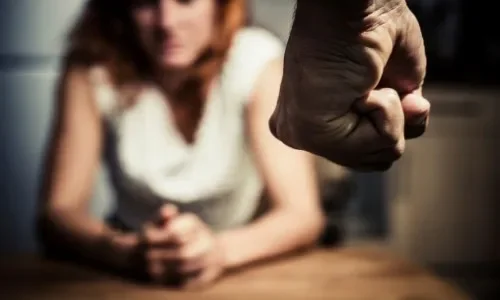Today the planet pauses to observe the International Day for the Elimination of Violence Against Women and Girls, with the United Nations putting digital harassment squarely in the spotlight.
“We cannot let the internet become another battlefield where women and girls are attacked,” UN chief António Guterres warned, launching this year’s global campaign against online abuse.
2025 also carries extra weight:
- 30 years since the landmark Beijing Declaration
- 25 years since the groundbreaking UN resolution on Women, Peace and Security
Yet the numbers remain grim, especially across Africa.
The Silent Epidemic in Africa
UNICEF estimates over 79 million girls and women in sub-Saharan Africa suffered rape or sexual assault before age 18. In conflict zones the horror multiplies.
Women escaping Sudan’s El-Fasher last month spoke of systematic rape, murdered relatives and children vanishing after Rapid Support Forces overran the city.
South Africa Says “Enough”
Last week, thousands of women flooded streets ahead of the G20 summit, demanding action against the country’s femicide rate — five times the global average.
The government responded by declaring gender-based violence a national disaster, unlocking emergency powers and funding to fight the crisis.
A New Continental Weapon
In February, the African Union adopted the continent’s first binding treaty to end violence against women and girls. When ratified, it will force signatory nations to criminalise abuse, protect survivors and fund prevention.
So far only six countries — Angola, Burundi, DR Congo, Djibouti, Liberia and The Gambia — have signed. None have completed ratification.
Today the message is simple: From smartphone screens to war zones, no space should be safe for violence against women and girls.
The fight is 30 years old. But for millions, it feels like day one.
_______________________
Convoy of 82 Tankers Breaks Mali Fuel Blockade























